Sierra Leone
Digital payments to emergency workers saved time and more than $10m in costs during the Ebola epidemic in Sierra Leone, a United Nations-backed initiative has found.
The study by the ‘Better Than Cash Alliance’ (BTCA), a partnership of governments, companies and international organisations, found that most of the cost savings came from eliminating illegitimate workers who were not really involved in the response.
Using mobile phones as “digital wallets” instead of cash ensured the right people were paid the right amount, and on time.
“Ebola response workers put their lives at risk every day. It was vitally important they received all the money they earned, with no skimming or theft. They got it immediately, as their families had no other income; and only legitimate workers got paid – no one else. Paying Ebola response workers directly into a digital wallet instead of cash met these goals, saved lives and over $10 million,” said Dr. Ruth Goodwin-Groen, Managing Director of The Better Than Cash Alliance.
New
UN#study finds #digital #payments to #Ebola response workers saved lives and $10 million BetterThan_Cash https://t.co/PuvSOu8ofV— APO (@APO_source) May 18, 2016
“Sierra Leone’s experience shows the critical importance of developing and implementing national policy frameworks and supporting infrastructure to drive effective and flexible digital payments ecosystems in advance of humanitarian crises,” Dr. Goodwin-Groen added.
Sierra Leone was the one of the countries worst hit by the Ebola epidemic. There were more than 14,000 reported cases as the virus spread rapidly through the small west African nation.
The government had to pay those healthy and willing individuals able to form the emergency response, which provide challenging services in a country with fewer than 50 ATMs, BTCA said.
In addition, BTCA pointed out that cash is expensive, slow, difficult to transport and vulnerable to theft, graft and payment errors.
In previous emergencies and at the start of the epidemic, this led to strikes. In Sierra Leone, digital payments reduced these from an average of eight per month, equating to a loss of around 800 working days, to virtually zero.
The alliance said response workers saved a collective total of around $80,000 in travel costs by avoiding lengthy journeys to cash payment centres, while the government, taxpayers and development partners saved around $10.7m.
This is the equivalent cost of Sierra Leone’s free healthcare programme, which caters for 1.4 million children and 250,000 pregnant women every year.
Momodu Kargbo, Sierra Leone’s minister of finance and economic development, said the country’s first-hand experience has shown that governments must take digital payments seriously because of their potential to increase growth and transparency.
Sierra Leone experienced around half of the 28,000 cases of Ebola reported in west Africa.
The epidemic killed thousands, brought communities and vital infrastructure like the health system to their knees and decimated the region’s economy, wiping out years of development gains.



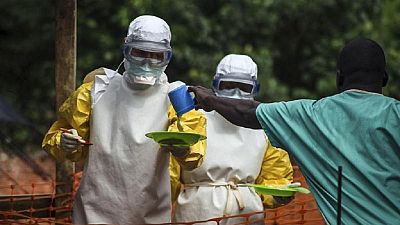

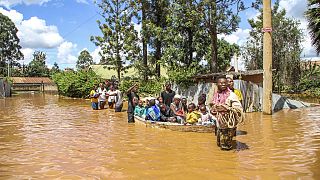
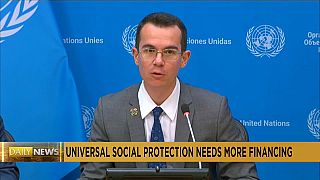
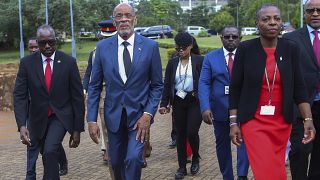
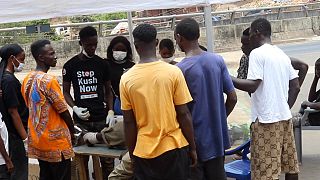

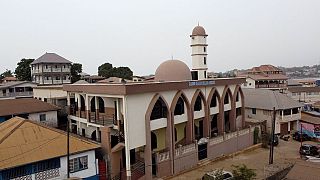
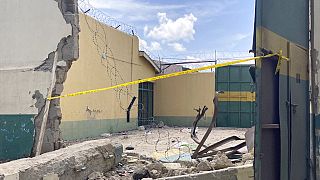
01:38
Sexual violence in conflict increased by 50% in 2023, says UN
02:18
Plastic pollution: global treaty talks underway in Canadian capital
00:42
US vetoes Palestine UN membership resolution
01:30
UN reports widening global inequality in sexual and reproductive health and rights
01:41
UN Libya envoy Abdoulaye Bathily resigns amidst mediation challenges
02:17
The US and the UK condemn Iran's attack on Israel